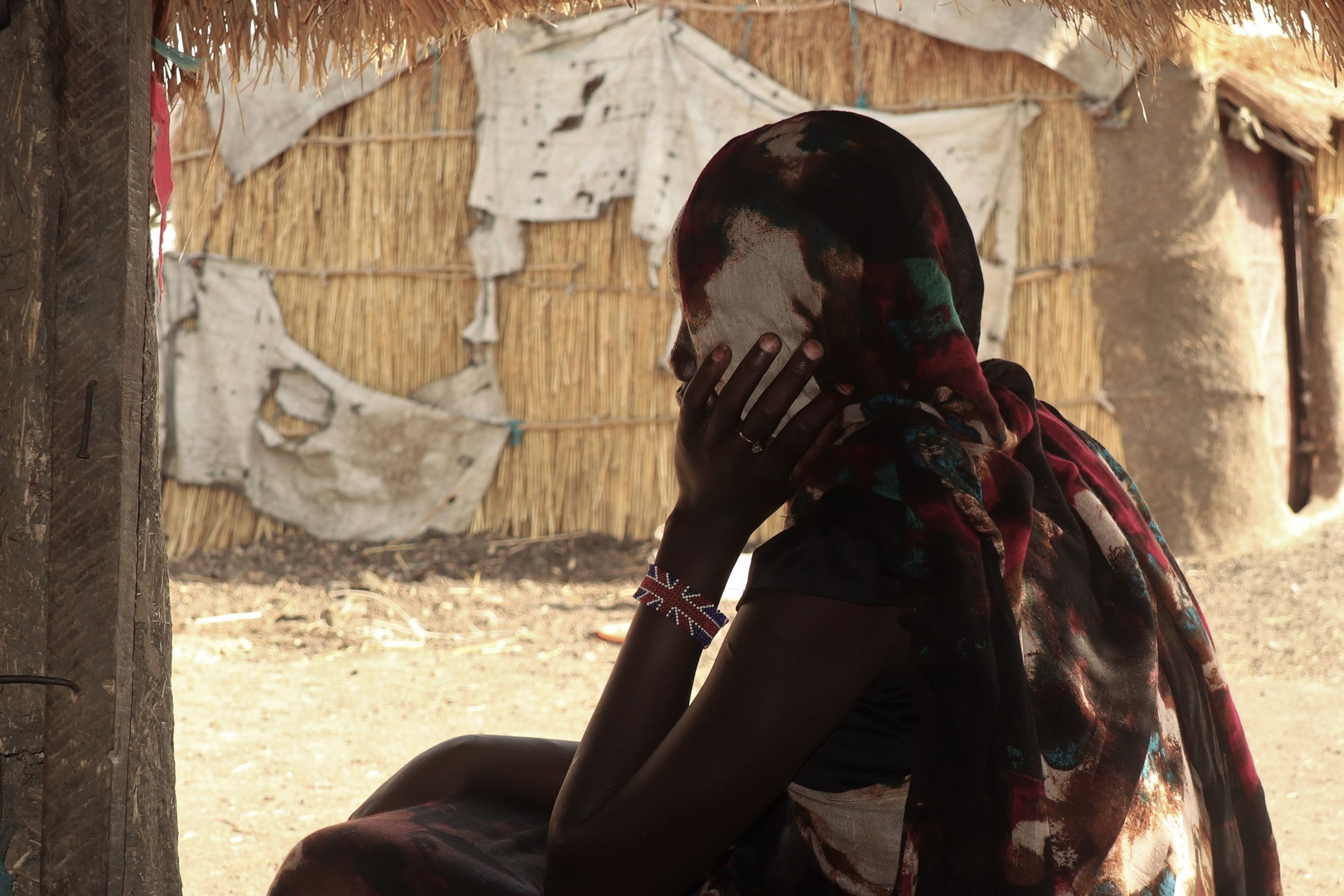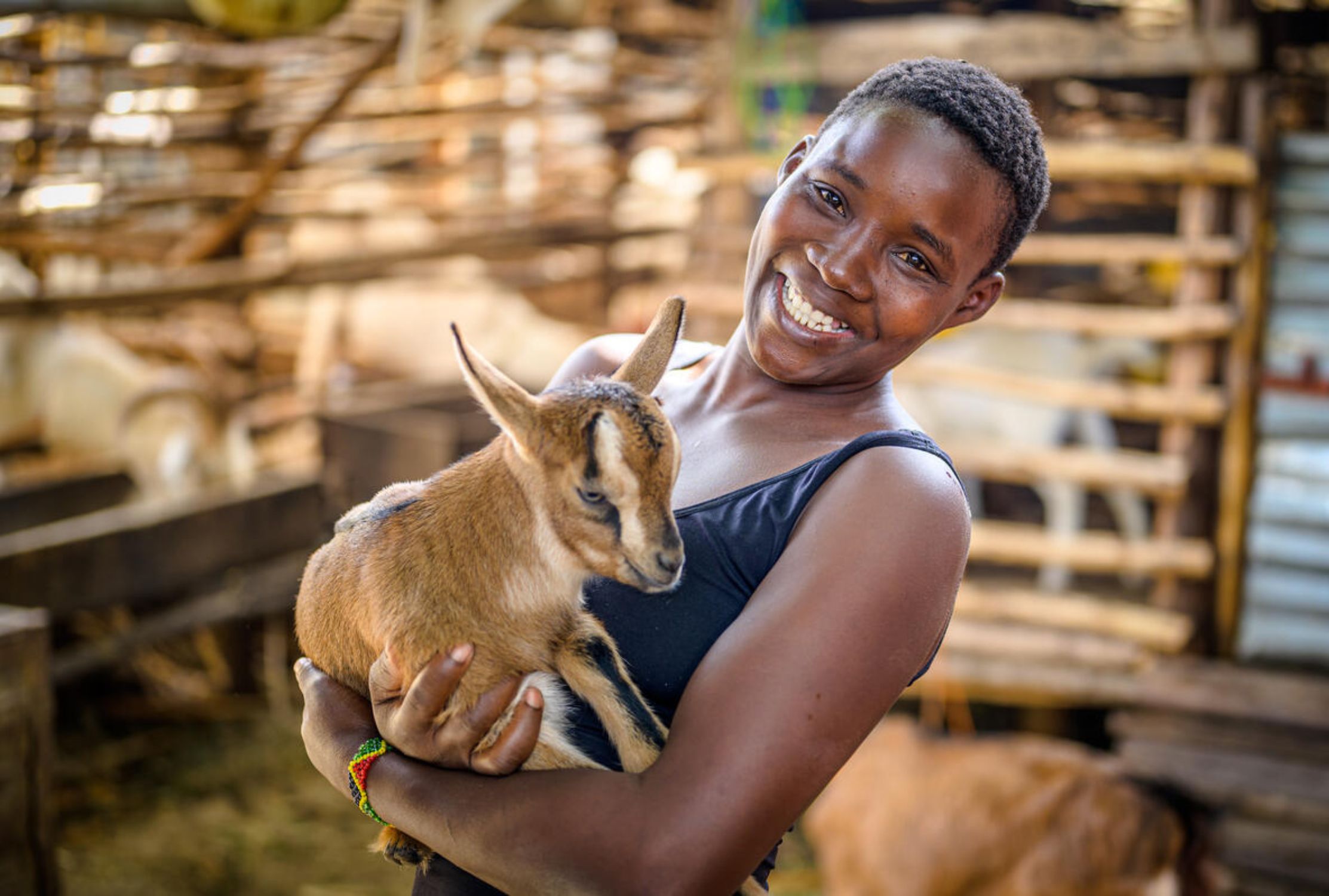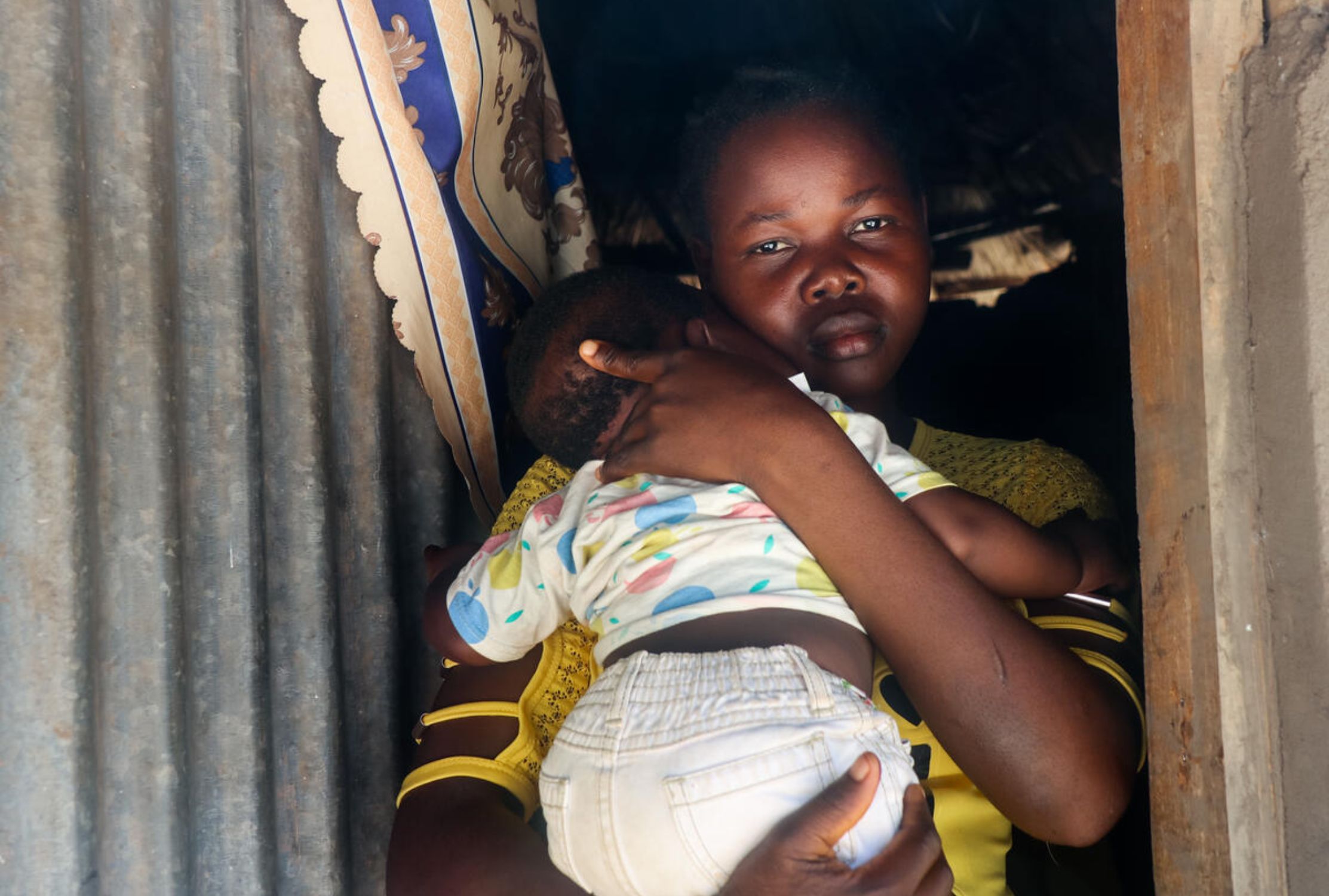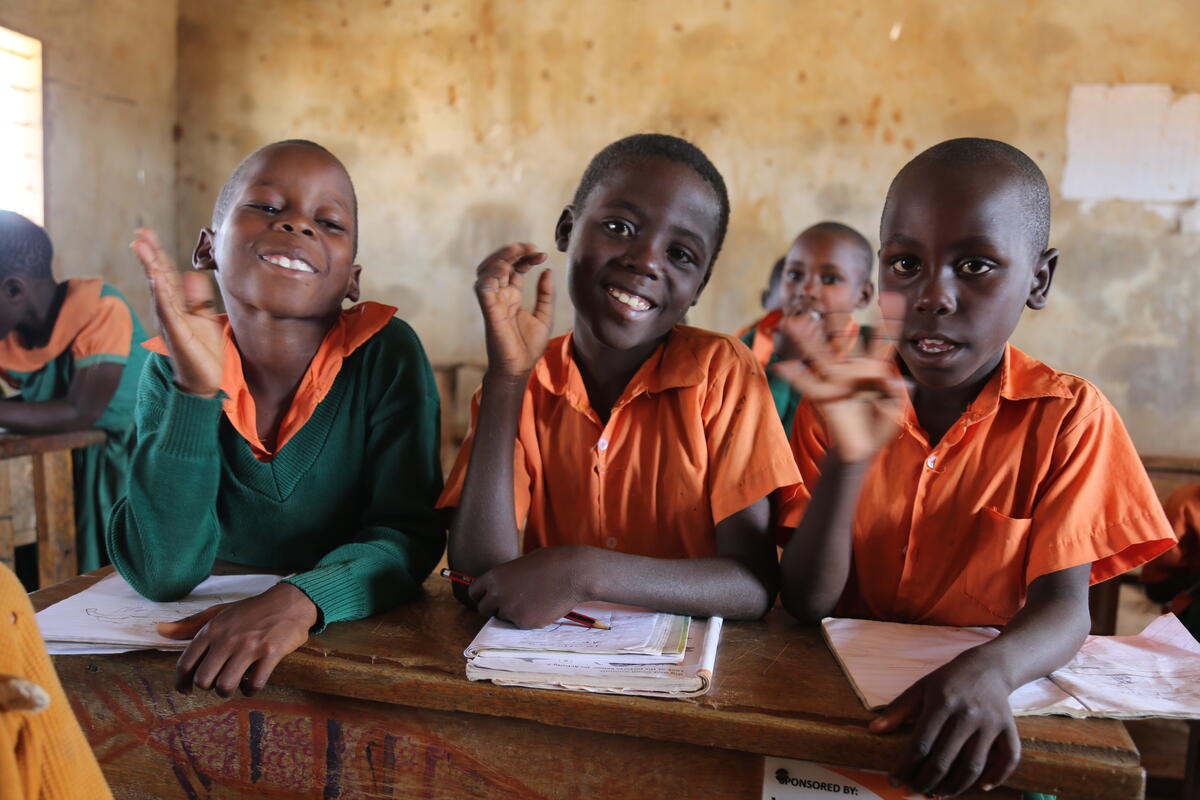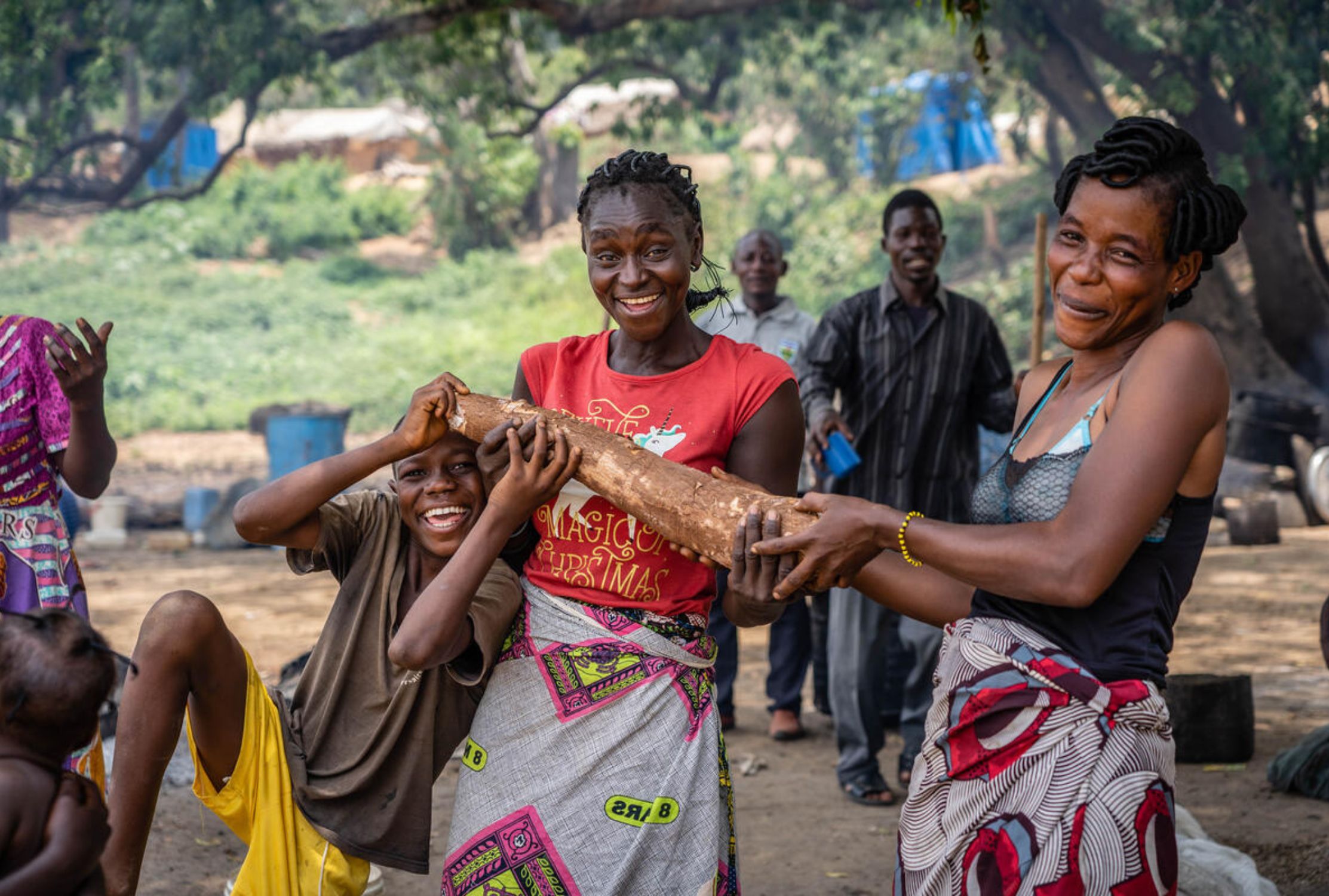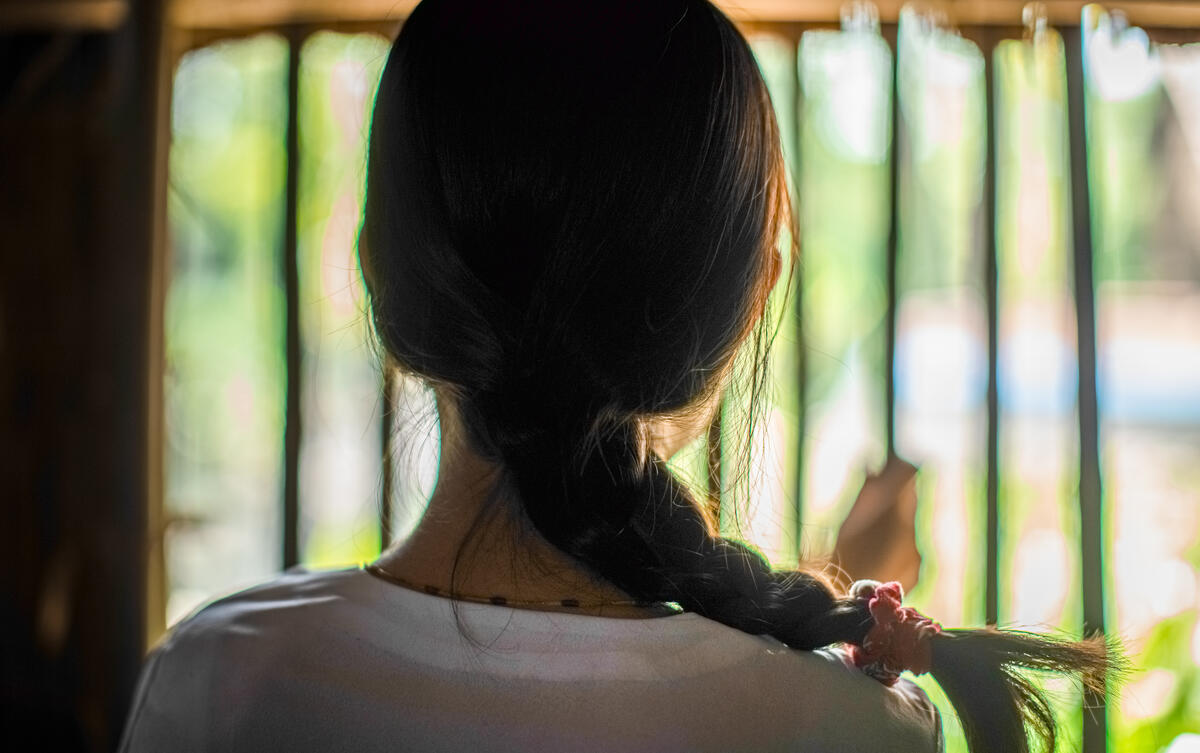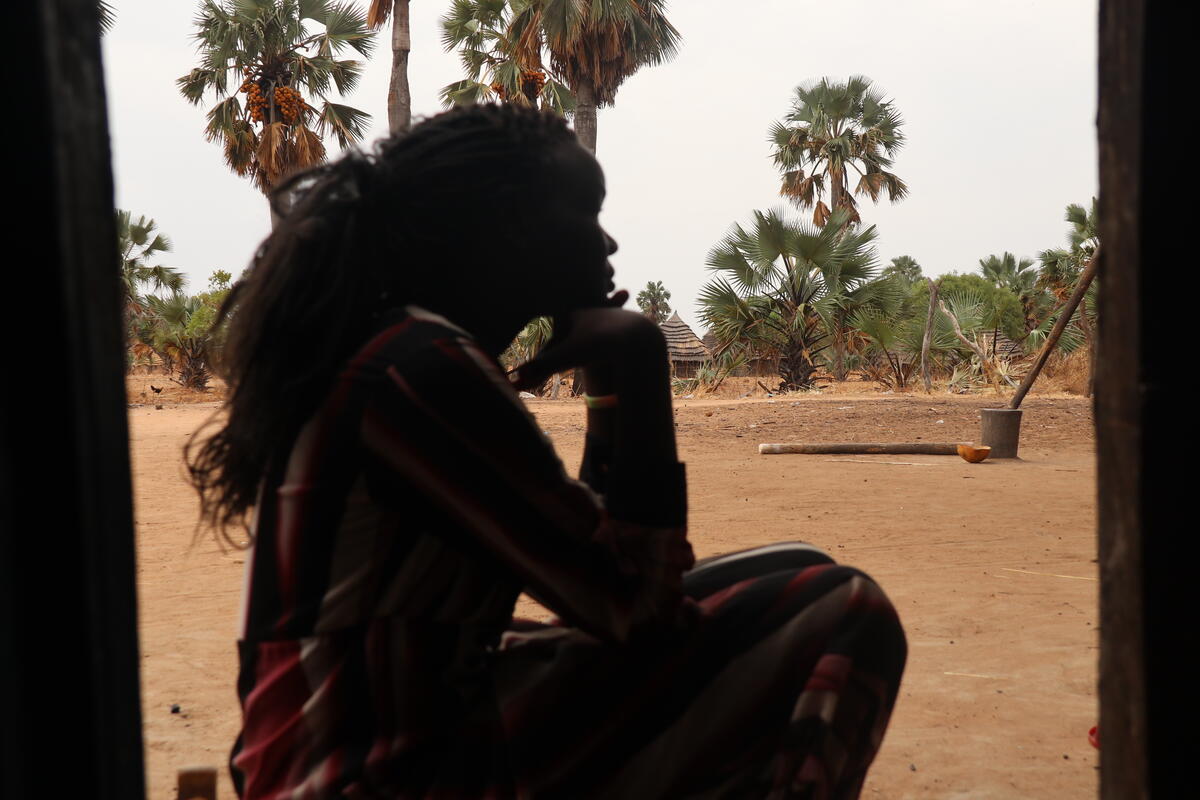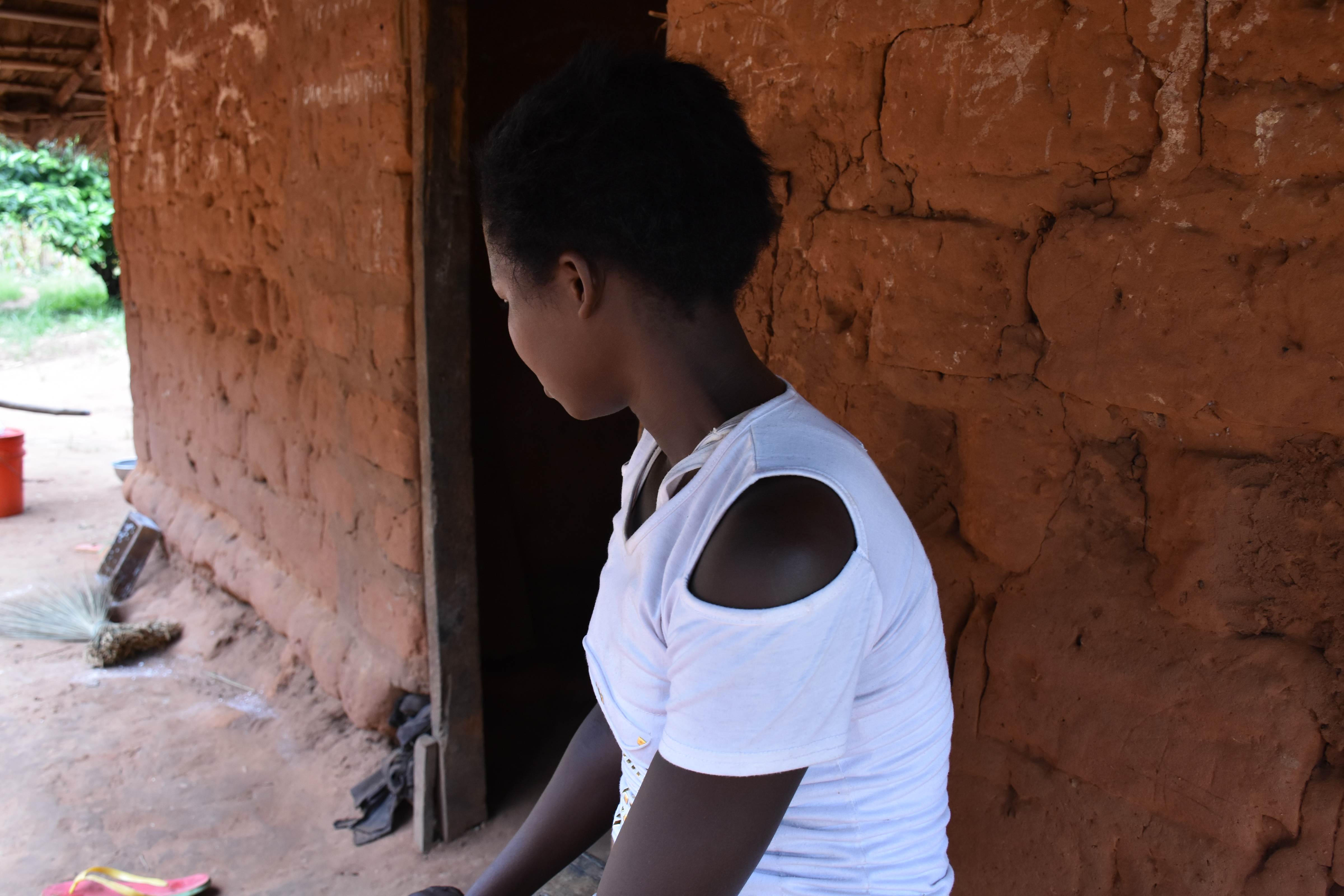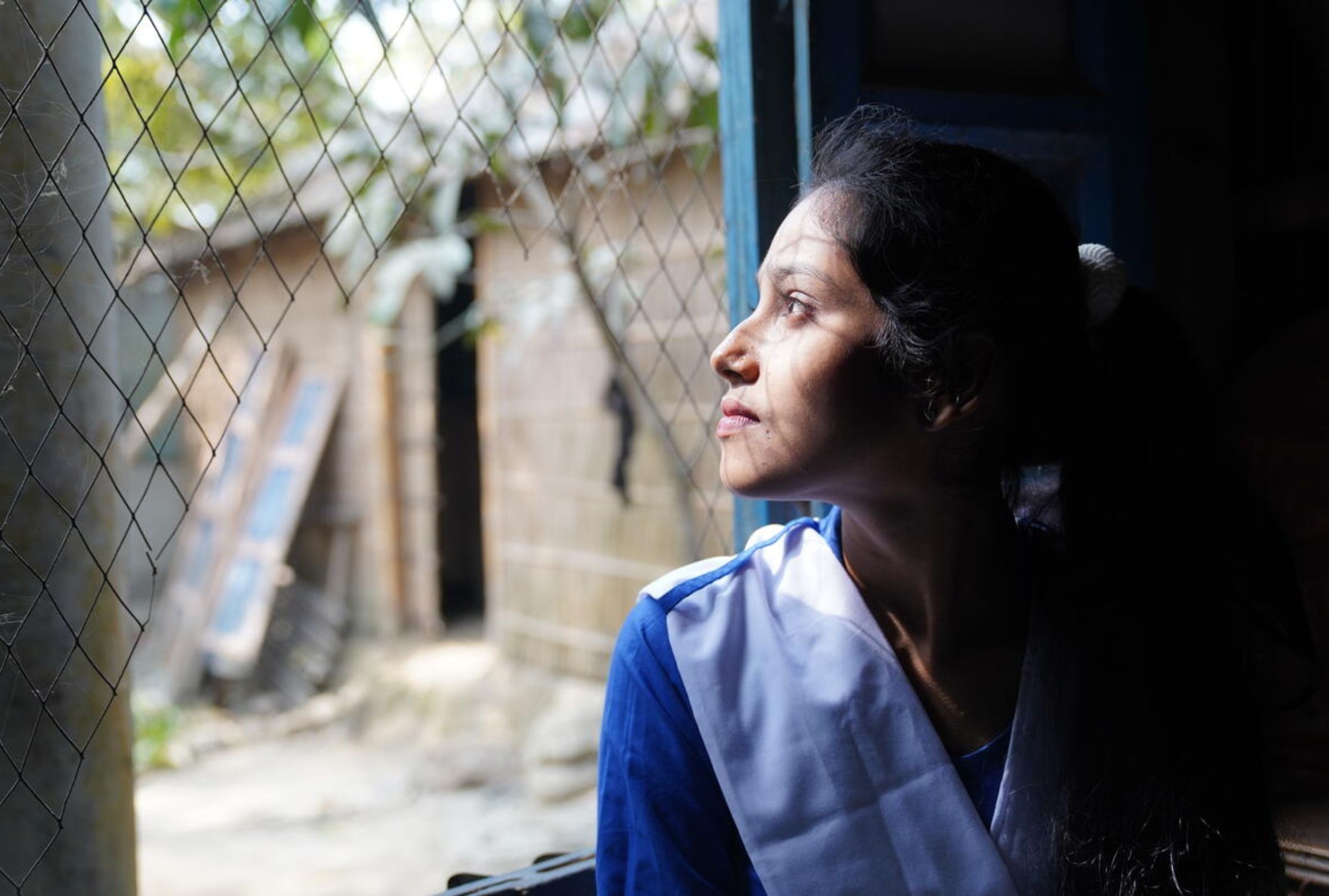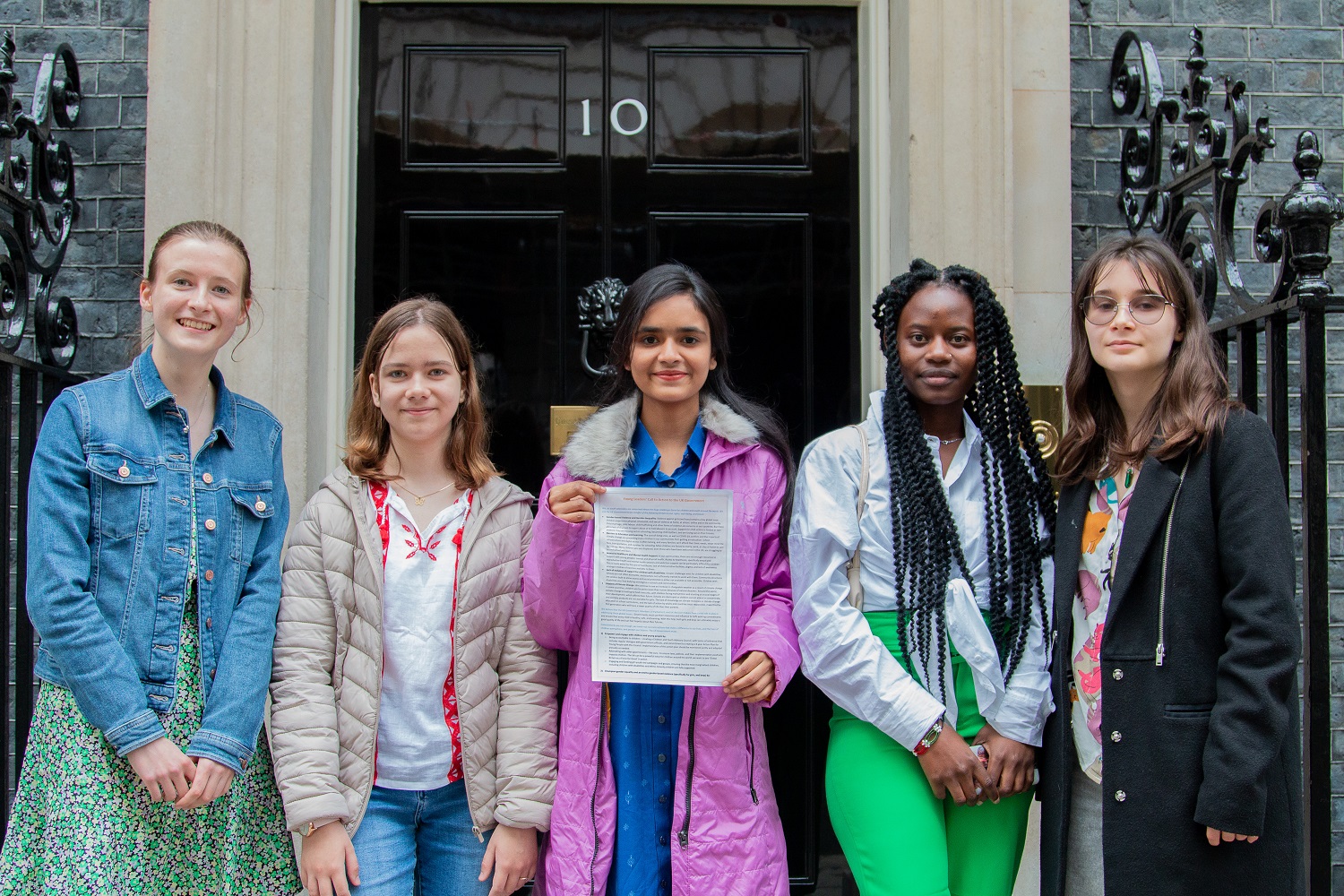Every year, more than one billion children – or half of the world’s children – experience some form of violence.
Children are at a higher risk of experiencing sexual exploitation, abuse and violence. And this challenge is only getting bigger due to the combination of Covid, conflict and climate change.
Globally, at least 120 million girls, under the age of 20, have been forced to engage in sex - that’s around one in 10 girls. Boys are also victims of sexual violence, but this is as an under-discussed and under-documented issue which reinforces the belief that child sexual abuse exclusively affects girls.
As a children’s charity working internationally, World Vision partners with communities and local leaders to protect children from instances of sexual violence. We ensure families are empowered to protect children from sexual abuse and have an increased awareness of the impacts of sexual exploitation.
The impacts of child sexual abuse
Child sexual violence is defined as any form of sexual abuse towards a child or young person under the age of 18. A child could be forced to perform sexual acts, even if they’re not aware of what’s happening. Equally as harmful, a child might be emotionally abused through online grooming tactics to sexually exploit children and instil fear and isolation.
Child sexual exploitation can happen to any child or young person under the age of 18, including 16 and 17-year-olds who can legally consent to having sex. Child victims of sexual abuse and exploitation can face devastating impacts, including immediate physical injuries and long-lasting psychological harm.
These impacts may result in the survivor being burdened with lifelong costs of healthcare and a loss in quality of life, alongside the possibility of early pregnancy, sexually transmitted infections, and lower levels of education.

